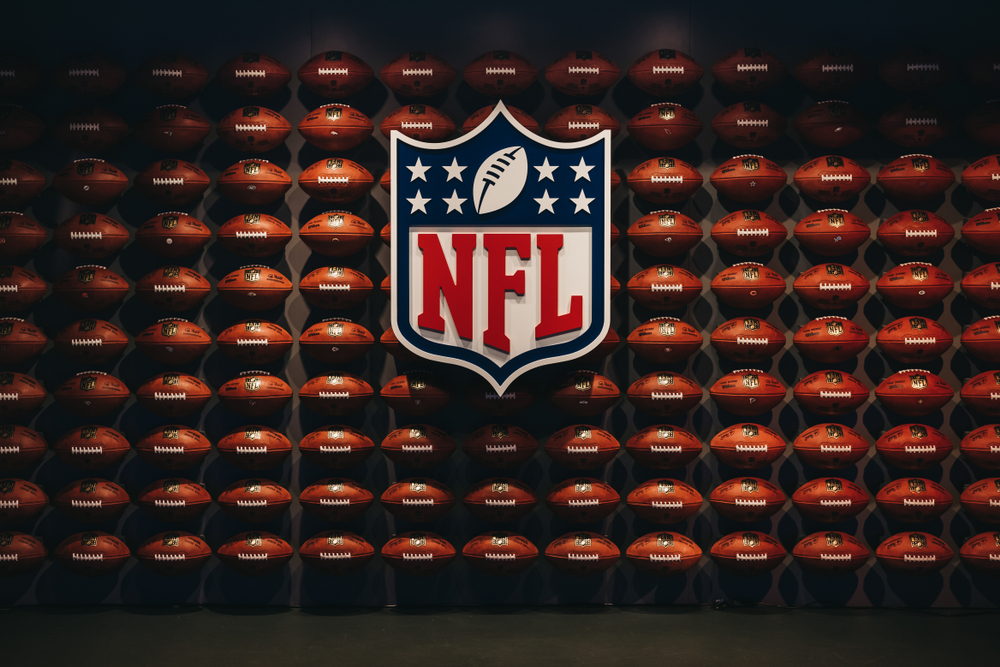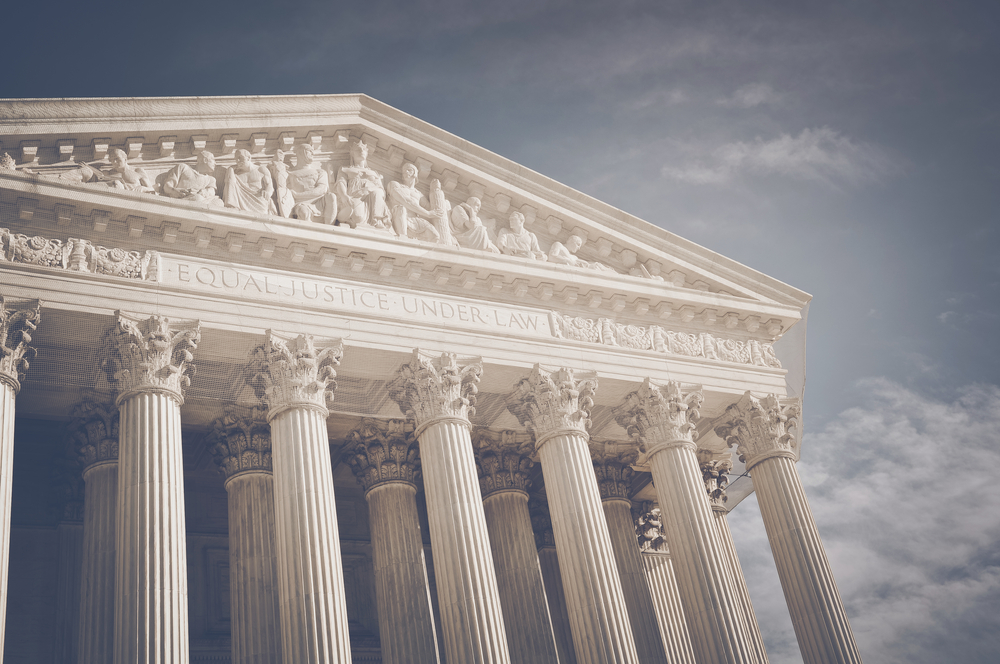It has taken time, but former Miami Dolphins head coach Brian Flores is beginning to see the results of filing a racial discrimination class action lawsuit against the National Football League. However, not all the results are to his liking.
Flores was fired by Stephen Ross, the owner of the Dolphins, at the end of the NFL’s regular season last year, despite giving the Dolphins back-to-back winning seasons, a feat not seen in South Florida for two decades.
On Feb. 1, Flores filed his original lawsuit in Manhattan, a decision largely based on his experiences interviewing for new coaching jobs, for the Denver Broncos and the Buffalo Bills, after the firing from the Dolphins. Flores alleges in the lawsuit that his experience included “sham interviews” held only to adhere to the Rooney Rule, the NFL’s mandate to promote diversity among its ranks.
The lawsuit details alleged unfair practices in hiring, promoting and the treatment of the League's minority coaches, as well as the struggles Black coaches have historically experienced in the NFL.
Flores also included serious allegations directed at his old boss, Ross. He alleged the Dolphins' wealthy owner had offered him a financial bonus if he would tank games to secure a top slot in a future NFL draft. He also said Ross pressured him to participate in illegal meetings with a potential player (the public now knows the player was Tom Brady).
Other NFL Coaches Join Forces with Flores
Within weeks of Flores filing the lawsuit, Steve Wilks and Ray Horton become co-plaintiffs in the lawsuit. For Wilks, the former Arizona Cardinals head coach, his decision to join was centered around the fact he was "unfairly and discriminatorily fired" by the Arizona Cardinals organization after serving as head coach for one season in 2018. In the lawsuit, Wilks contends he was hired as a "bridge coach" and detailed how he was replaced by Kliff Kingsbury, who is white and had no prior NFL experience.
Horton’s decision to join the lawsuit came because of his alleged mistreatment by the Tennessee Titans. Horton, a longtime NFL assistant coach, was interviewed for the position of head coach for the Titans in 2016. However, Horton believes the team had already decided who would serve as a coach, Mike Mularkey. His interview was nothing more than a way for the team to stay within Rooney Rule guidelines (In 2020, in a podcast, Mularkey spoke of his experience, admitting he regretted being a part of the hiring process for the job).
NFL’s Findings on Ross Accusations
Soon after the Flores lawsuit was filed, NFL Commissioner Roger Goodell called for an investigation into the accusations concerning Ross. On Aug. 2, the NFL’s investigation team, led by former U.S. Attorney and SEC Chair Mary Jo White, announced their findings.
Investigators found Ross and others inside the Dolphins organization guilty of tampering violations involving quarterback Tom Brady (as well as the agent for former New Orleans Saints coach Sean Payton). However, investigators disagreed with Flores concerning Ross wanting to tank games during the 2019 season to improve the team’s draft position.
Because of the tampering violations, Ross was fined $1.5-million and has been suspended through Oct. 17. He was also removed from all league committees. Punishment was also inflicted on the team, which lost their first-round pick in next year's NFL draft and a third-round selection in 2024.
“I know of no prior instance of a team violating the prohibition on tampering with both a head coach and star player, to the potential detriment of multiple other clubs, over a period of several years,” Goodell said after the announcement. “Similarly, I know of no prior instance in which ownership was so directly involved in the violations,”
Although Flores, who is now employed as a senior defensive assistant and linebackers coach for the Pittsburgh Steelers, was relieved investigators confirmed Ross was guilty of tampering, he expressed frustration concerning the determination that the owner did not try to fix the football games while Flores was head coach.
In his statement, Flores said:
While the investigator found that the Dolphins had engaged in impermissible tampering of “unprecedented scope and severity,” Mr. Ross will avoid any meaningful consequence. There is nothing more important when it comes to the game of football itself than the integrity of the game. When the integrity of the game is called into question, fans suffer, and football suffers.
Pending Decision Concerning Arbitration vs. Trial
Historically, the NFL’s dictum has demanded that players solve issues with owners through arbitration, keeping all discussions in a private setting. Therefore, as much as Flores, Wilks, Horton and their lawyers - as well as many members of the public - want to see the lawsuit be played out in trial form and not behind closed doors, there is a strong chance the case will be sent to arbitration.
A recent example of this happening is found in the Colin Kaepernick case. About three years ago, Kaepernick’s complaints against the NFL stayed private due to the confidentiality clause in his contract. However, more recently, a judge in Nevada ruled against arbitration in the lawsuit involving Jon Gruden. Gruden accused the NFL of leaking his emails to take attention away from issues within the Washington Commanders organization (that case is still pending).
On Aug. 3, U.S. District Judge Valerie Caproni released a written statement on the issue of arbitration in the Flores lawsuit. Judge Caproni stressed to the lawyers handling the case that there can not be any gathering of additional evidence from the defendants to support their arguments that the lawsuit should remain in the Manhattan court rather than be sent to arbitration. She told the plaintiffs that if there is, “...the Court can only assume that they are attempting to embark on an impermissible fishing expedition.’’
At the same time, however, Judge Caproni also acknowledged at least a possibility that the lawsuit could bypass arbitration and did not rule out a trial, saying that lawyers may be able to argue that “the proposed arbitrator is so biased against them that the motion to compel arbitration should not be granted.”
The judge gave the plaintiffs’ lawyers until Aug. 19 to submit written arguments against arbitration while instructing the NFL to respond by Aug. 26 in order for her to reach a consensus.














